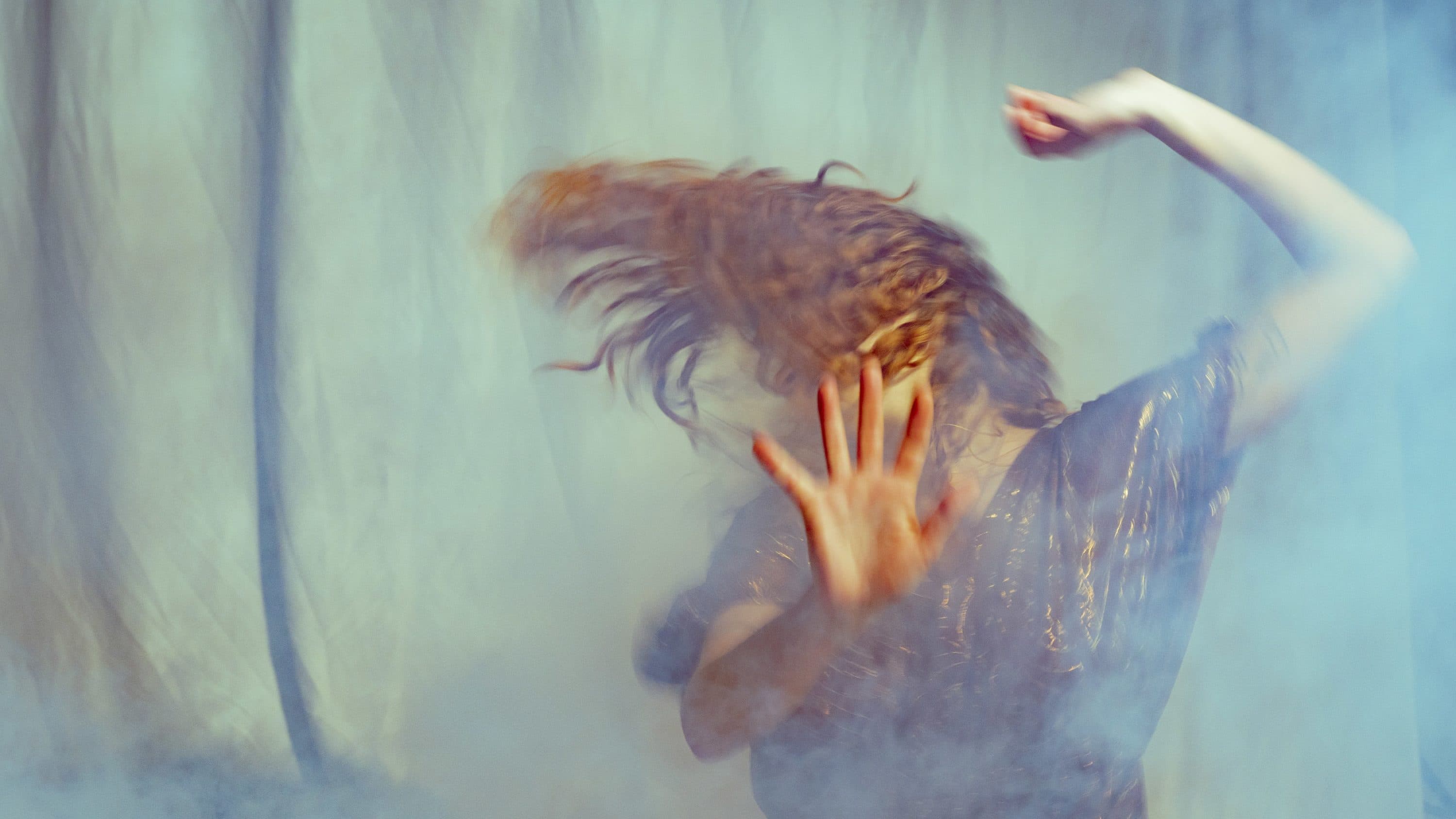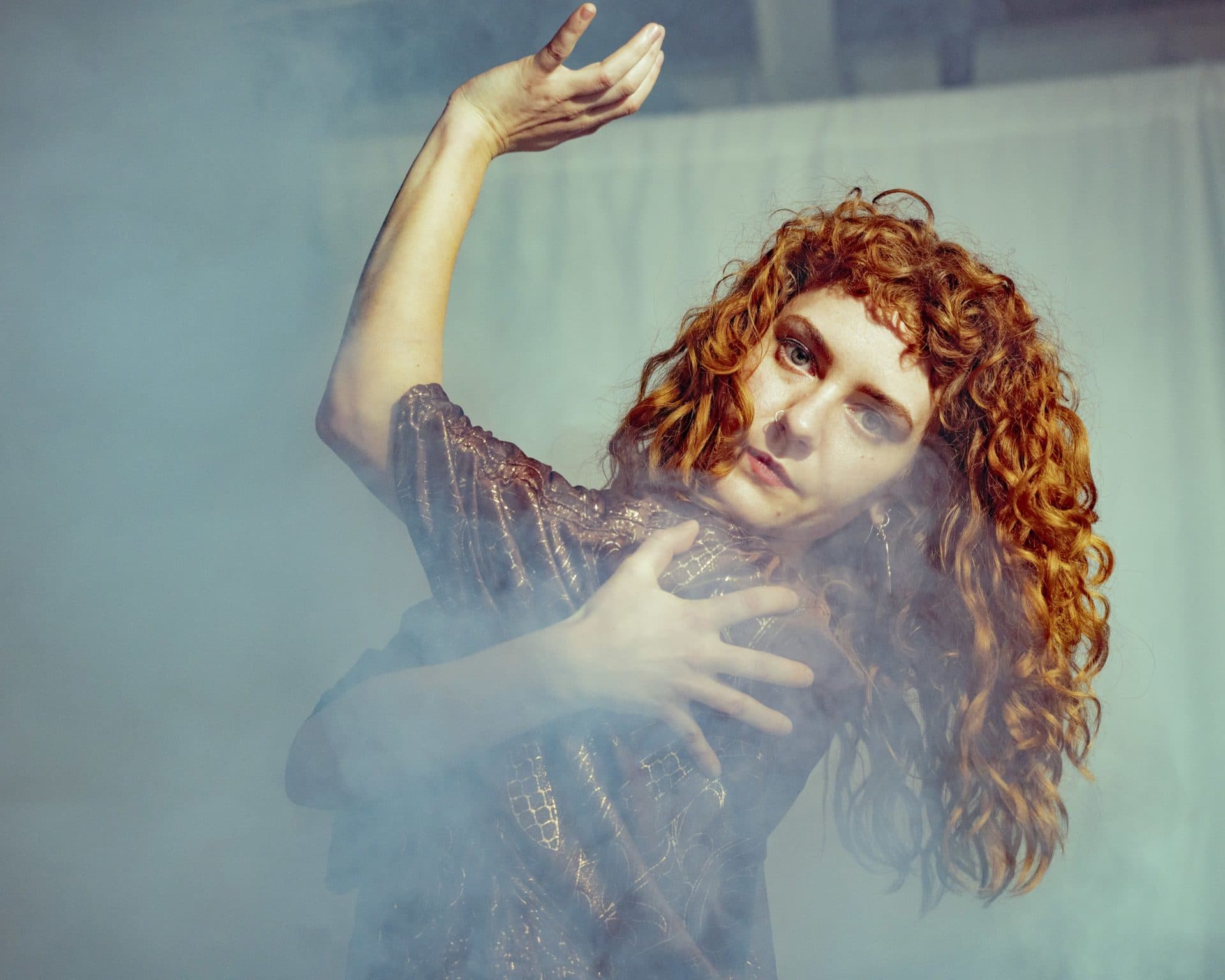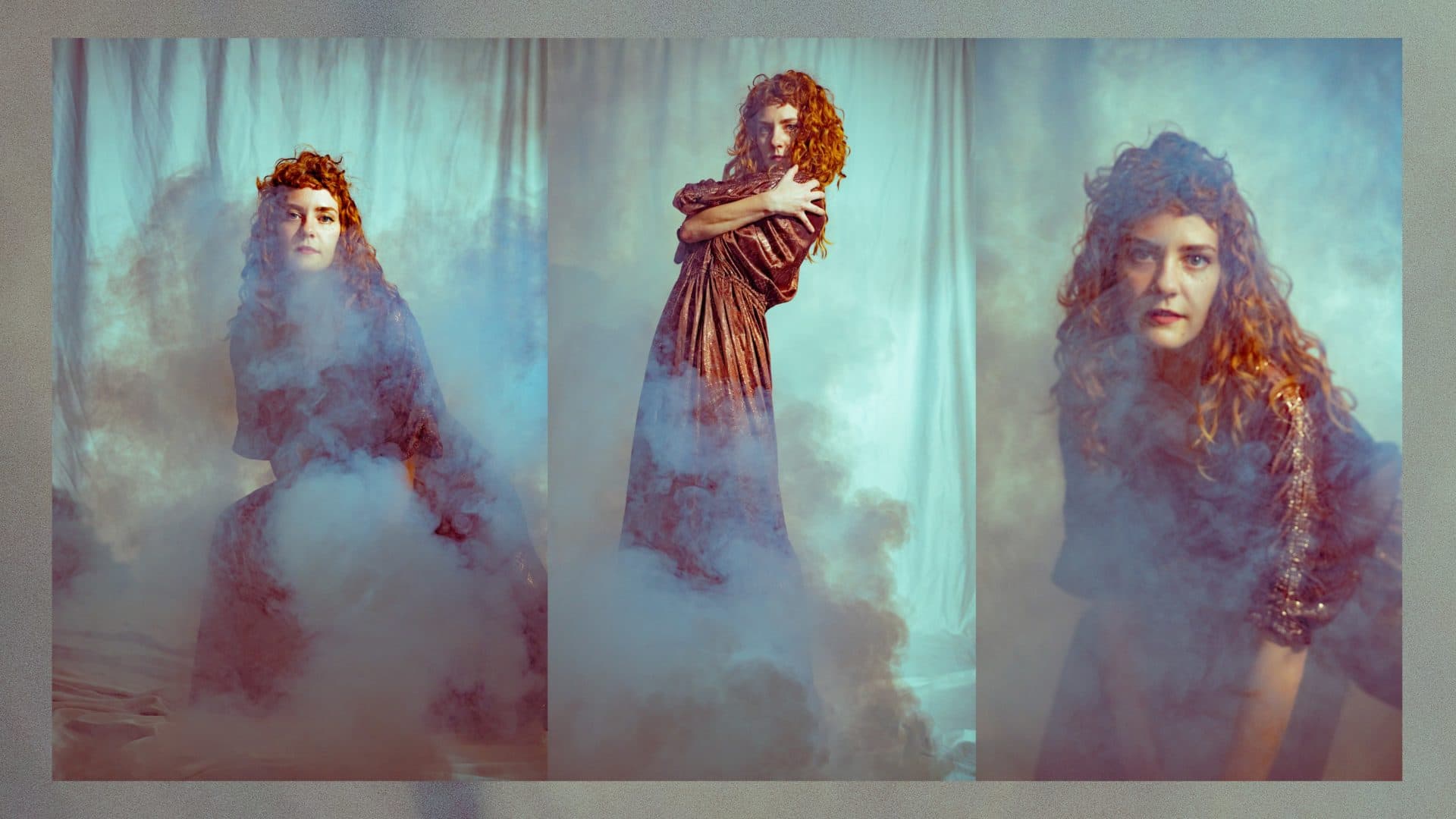
Raging at the patriarchy, Lady Pills forges a new musical path
Ella Boissonnault finds it helpful to pace when she’s writing a song. She walks, singing, in circles around her room, with its sunny windows and the cat’s litter box in the corner. There, that’s a line - write it down. Then she picks up her guitar, strums another melody. Pace, scribble, strum, repeat. Actually, it’s impossible to know if the pacing is the cause or the symptom of the songwriting. Boissonnault only writes when she feels she is going to “explode.” “If it comes out that day, we did it. And if it doesn’t, the chances that I’ll revisit it are very low,” she says, adding hastily, “which is something I should work on.”
The results of this approach are twisty, riff-driven songs that careen from one unexpected metaphor to the next. Consider these lines from “My Weight”: “I wonder if you know that you’ve got a heart of gold/ If I found it on the street I’d pick it up and save the meat/ I’d show it off to all my friends and say ‘Can you believe the quality?’” A cliché, upended by a slightly disgusting play on words, reveals itself as a tender declaration of affection. The guitars churn, the chorus kicks in, and Boissonnault's voice rises with a trademark yelp: “Oh! I think I want this with you.” A weird ode to love that sounds like a gentle explosion itself.
“My Weight” is one of 10 charismatically off-kilter songs on “What I Want,” the new record by Boissonnault’s band, Lady Pills — though it might be better described as a solo project. Boissonnault wrote the bulk of the album in the spring of 2020, while she was locked down in her apartment, alone, shortly after breaking up with her partner. Around the same time, Alison Dooley, Lady Pills’ (now former) bass player and one of its main creative drivers, decided to return to school to study biology — in Wyoming. “It was just, like, complete isolation,” Boissonnault recalls of that time. “Alison had moved, the band fell apart. My relationship fell apart.”
We are sitting in the kitchen of Boissonnault’s apartment, on a block of duplexes in Allston near the Mass. Pike. Her dog, Addison, dozes in his crate nearby. We can hear one of her roommates, faintly, on a conference call in the other room.
Boissonnault wears her hair in an impressive mass of auburn curls. She is self-deprecating with a penchant for quaint turns of phrase. At one point, when I remark that one of her songs seems to have a lot of sexual imagery, she corrects me gently with a laugh. “It’s not about hanky-panky,” she says, in almost grandmotherly fashion.
The 25-year-old recorded “What I Want” over the course of several months almost immediately after writing it. This was during the height of the pandemic, so bringing a full band to the studio wasn’t an option. Instead, Boissonnault decided to play as many of the instruments herself as possible — even the drums, which, by her own admission, she can only play in the most rudimentary sense. “Can’t even keep time,” she laughs, adding wryly, “just the main job [of the drums]. Can’t do it.”
This is probably an exaggeration, because “What I Want” is the Lady Pills album Boissonnault is proudest of to date. For once, she took the time and space to experiment during the recording process. She was able to let go of her hang-ups about her guitar playing. She used to worry so much about impressing people. With “What I Want,” she was able to access the freedom she felt when she was first writing songs.
Advertisement
“That whole record,” she says, “is just reclaiming parts of the self that kind of disappeared for a little bit.”

Boissonnault wanted to play rock ‘n’ roll for nearly as long as she can remember. Her father was in a punk band in the ‘80s, and their house in northern Virginia was always strewn with guitars. Boissonnault begged for lessons, but her parents started her on classical piano. She finally got her hands on her own electric guitar when she was 15 or 16. “And that was like, ‘Hell yeah,'” she says.
The public high school that Boissonnault attended in Alexandria, Virginia is a big football school. (Quite literally, it is the high school from “Remember the Titans.”) Boissonnault never really fit in. Instead, she found her place in greater D.C.’s DIY scene. The ethos, she says, was “you’re just a person, and art’s cool, and come be a part of it” — the exact opposite of the “weird social hierarchies of high school.”
It was this somewhat utopian musical milieu that made the transition to Berklee College of Music such a shock. In 2017, toward the end of Boissonnault's time there, the Boston Globe published an investigation revealing that Berklee had quietly let go several instructors who sexually harassed and assaulted students and used gag orders to silence accusers; the school later admitted to dismissing 11 instructors in a span of 13 years for sexual misconduct and apologized. But many students felt the school tolerated a culture of abuse. Boissonnault joined the throngs of students participating in walkouts and protests.
Berklee was Boissonnault’s first consequential brush with institutional sexism. She felt that women in the male-dominated environment were condescended to and scrutinized for how they looked. She was, she says, too intimidated to study guitar, opting instead to focus on voice. “The way I was treated by, like, peers and teachers and anybody who considered themselves an expert at what they were doing was just like, ‘Whoa, OK, so this is what everyone's mad about all the time,’” Boissonnault says. “‘And I'm mad about it, too.’”

That anger is palpable on “Despite,” Lady Pills’ debut album. Boissonnault recruited two women — bassist Alison Dooley and drummer Claire Duhring — to join her on the 2016 project. “Despite” is full of imaginative, ambitious, confrontational songs, delivered in Boissonnault's deceptively sweet-sounding voice. "Despite" garnered the band local buzz, landing them performance slots at Boston Calling and Lollapalooza. And then, Boissonnault says, “We came home and we made this weird, dark, moody record.”
The Lady Pills of 2019’s “Pink Void” is unrecognizable to the Lady Pills of “Despite.” Duhring left the band, and together, Boissonnault and Dooley took an unexpected turn to glacial, thunderous post-rock. Gone was the hook-driven ferocity of “Despite,” replaced by long instrumental discursions and eerie vocal harmonies. Dooley took a more prominent creative role. The pair wanted to "write things that you could just sit in, because it just felt like a bath,” Boissonnault says.
It’s hard to know quite what to make of this shift, except to recognize that Lady Pills never set out to write hits. Boissonnault simply wrote the songs that came to her, and when she joined forces with another songwriter, the band’s sound changed. But she naturally turned back to her tried-and-true style of songwriting when left to her own devices at the start of the pandemic.
Boissonnault recorded "What I Want" with producer Sean McLaughlin, at his studio in Rockland, Massachusetts, from opposite sides of a wall. McLaughlin laid down the bass parts from the control room, and Boissonnault recorded all her parts — vocals, guitar and drums — in the studio. “Having Ella play everything on the record, I think, was both a challenge and a testament to her, because she really wanted to make it her statement,” McLaughlin says. Because her drumming skills were limited, they had to record the drums in two sections and layer them on top of each other. But where Boissonnault sees evidence of her incompetence, McLaughlin sees proof of her brilliance. “She heard all the drum parts in her head,” he says. He adds that her guitar playing, too, has its own strange genius — because she doesn't have much formal guitar training, she comes up with ideas nobody else would.

“What I Want” is, in some ways, a breakup album. Boissonnault is vague on the details of her last relationship — all she’ll say is the guy was also a musician — but some of the lyrics on “What I Want” are pretty scathing. “Put your ego in your pocket/ So every time you held me/ There was something between us,” she sings on “The Conditions.” At other times, she seems to aim her feminist ire more generally, at The Man. “Can you take it like I take it every day,” she sneers on the title track, which ends with the defiant, slightly threatening line: “Poison in your cup, does it scare you when I know what I want?”
It’s easy to view “What I Want” through the lens of feminist triumph: a woman casts off the shackles of patriarchy and stands boldly on her own. Boissonnault herself describes the album as a reclamation: of her confidence, of her voice. But the truth may be more complicated. After all, she wrote “My Weight” about her new romantic partner. The title refers to the weight of her full self, Boissonnault explains — the feeling of being embraced unconditionally by another, baggage and all.
This is the paradox of “What I Want”: it is at once a statement of autonomy, and an homage to the relational ties that anchor us. It ends on an unexpectedly warm note, with a track called “Family." The song, a tender ode to kinship, contains some of Boissonnault's most unguarded writing: a lullaby to conclude an album of small explosions. Another twist in Boissonnault’s story, the path she laid out for herself.
This article was originally published on February 24, 2022.
